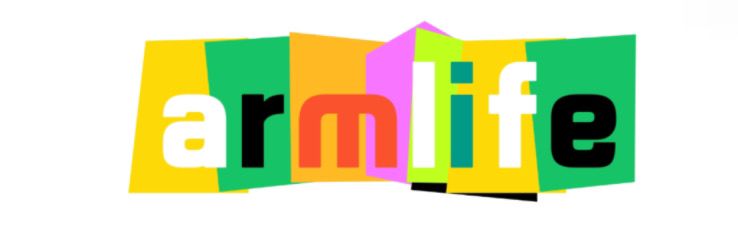Is Your Privacy Compromised by Tracking Video Cameras?
In an age where technology continues to advance at an unprecedented pace, concerns about personal privacy and surveillance have become more relevant than ever. With tracking video cameras becoming increasingly common in both public and private spaces, many individuals are left wondering about the implications of these devices on their privacy.
Contact us to discuss your requirements of tracking video camera. Our experienced sales team can help you identify the options that best suit your needs.
Understanding the Impact of Tracking Video Cameras
Tracking video cameras are often praised for their ability to enhance security and provide crucial data for various sectors. However, experts express differing views on the extent to which these technologies compromise individual privacy.
Expert Opinions on Privacy Compromise
Dr. Emily Roberts, a privacy advocate and scholar, argues that “the pervasive nature of tracking video cameras in public spaces can lead to a culture of surveillance that normalizes the loss of privacy.” She highlights that while these cameras can deter crime, they also monitor ordinary citizens going about their daily lives, leading to a significant erosion of anonymity.
On the other hand, cybersecurity expert Mark Donovan emphasizes the need for a balance between security and privacy. “Tracking video cameras can be used responsibly, with strict regulations in place to govern their use. The key is transparency,” he states. Donovan believes that when people are aware of where cameras are located and how data is managed, their trust in these systems increases, without compromising their privacy extensively.
Additional resources:How to Use a Sonic Recorder Effectively?
Legislative Perspectives on Tracking Video Cameras
The discussion around privacy and tracking video cameras also involves legislative considerations. Attorney Lisa Martinez explains, “Current laws struggle to keep pace with technological advancements. As tracking becomes more sophisticated, there should be stronger regulations to protect individuals' rights.” Martinez highlights the importance of clear policies that dictate how footage is collected, stored, and used, ensuring that privacy is not sacrificed for security.
Public Opinion and Awareness
Survey results indicate that public opinion on tracking video cameras is mixed. Many individuals appreciate the security they provide, especially in urban areas. However, a significant portion of the population is concerned about potential overreach and misuse of the data collected. Sociologist Dr. Thomas Lee points out, “The growing awareness around data privacy has led to increased scrutiny of surveillance technologies. People are becoming more educated about their rights and the implications of tracking video cameras on their day-to-day lives.”
Finding a Middle Ground
As the debate unfolds, finding a middle ground seems essential. The merger of technology with ethical considerations will play a crucial role in the future of surveillance. Innovators in the field are already exploring ways to implement privacy-preserving technologies that can provide security without infringing on personal freedoms. The development of smart, consent-based camera systems that prioritize user control could represent a significant shift in this dynamic.
In conclusion, the discourse surrounding tracking video cameras raises vital questions about the balance between security and privacy. While experts present varied perspectives, the consensus points toward the necessity for responsible utilization of technology and robust regulatory frameworks to safeguard individual privacy rights in a rapidly evolving digital landscape.
Want more information on video wall controller 4k? Feel free to contact us.


